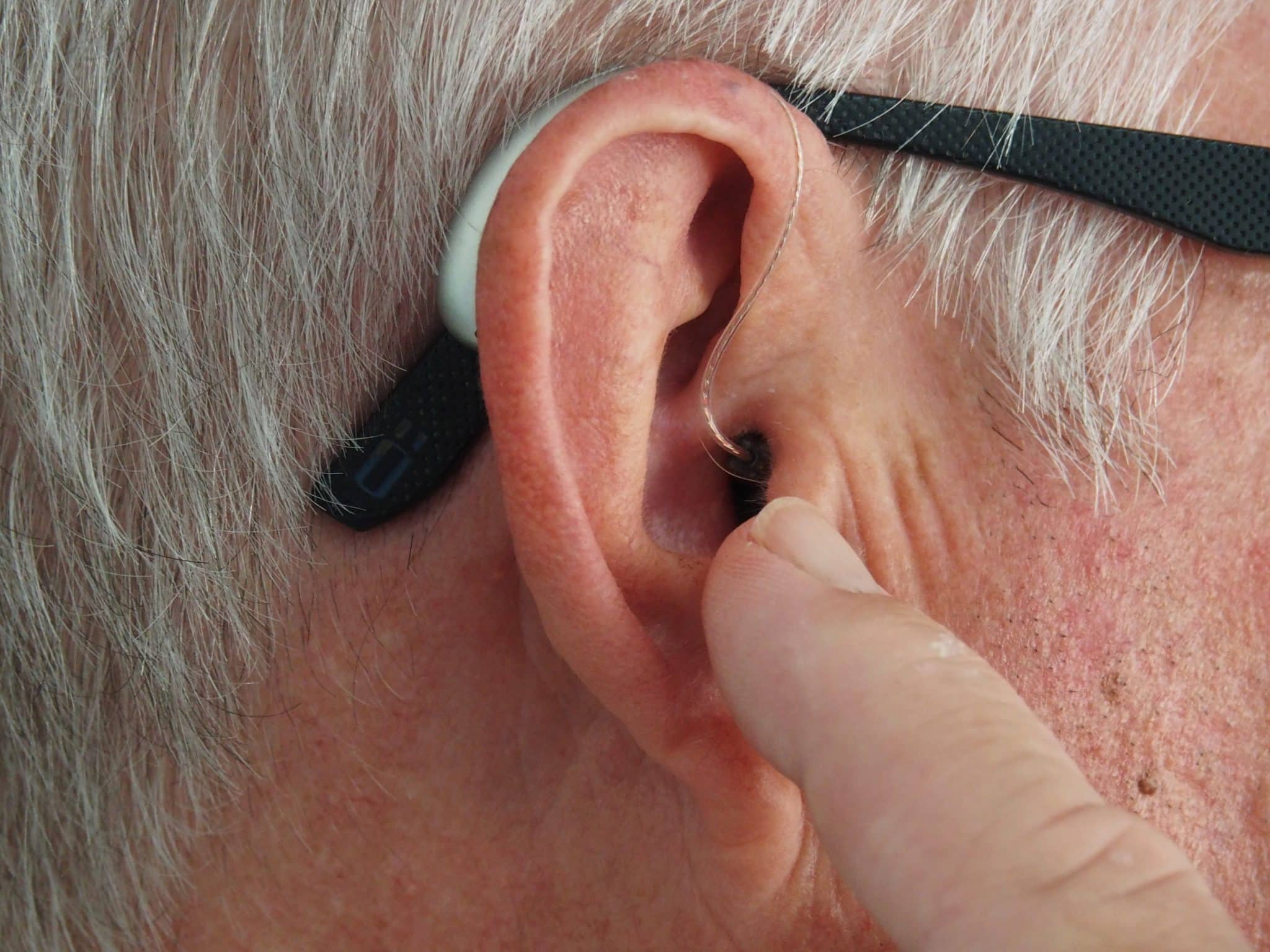Understanding Age-Related Hearing Loss
While it's definitely not a new idea, it can be an intimidating one. As we age, most of us will experience hearing loss. Age-related hearing loss, also known as presbycusis, affects over half of people past the age of 75-years-old, with the gradual process beginning as early as age 30. Unfortunately, it seems that the older we get, the more likely we are to experience this plague. Hearing loss may be attributed to several causes, but age overwhelming trumps the rest.
Hearing Loss and the Aging Process
What exactly happens in the ear to prevent proper hearing as we age? As it turns out, there are tiny hairs within our ears, and as we age, these hairs start to thin and cannot be replaced. These hairs send sound waves to the brain to interpret, a vital part of the hearing process. The majority, in fact over 90 percent, of hearing loss occurs because of this hair loss or because of an injury to the auditory nerve cells. Other causes include a shift in blood circulation, changes in brain chemistry, and ear structural damage. When damage occurs, sensorineural hearing loss occurs, diminishing sound. Even close sounds may sound muffled or altered. "T" may sound like "F," such as the instance where “Toot your own horn” may sound more like “Flute your own horn.” This loss is gradual and may not be noticed at first until the problem becomes too great to ignore.
Treatment of Age-Related Hearing Loss
Sadly, there is no permanent solution for age-related hearing loss; however, there are temporary solutions that can help. Wearing hearing aids can not only help you to hear the world around you but can stave off further hearing loss. A simple hearing test by your audiologist will help to determine which type of hearing loss you suffer from, whether age-related or caused by damage, which will then guide you to the remedy. To further prevent age-related hearing loss as much as possible, it is important to cease smoking, stop the use of ototoxic medications, keep up with an active health regimen, and stay away from prolonged, loud sounds.
Reducing Hearing Loss as We Age
The National Institute of Health (NIH) is working with mice to determine if cells surrounding the destroyed hair cells can migrate within the ear to take over the lost cell’s function and regain hearing for the animal. They are running into an issue with Rb1, a gene in mice that prevents hair regrowth. Mice without the gene are able to grow more hair than those with the gene, and when the gene is removed, hair growth increases as well. The overlying problem is that unless the nerve endings are completely intact, this will process will not work. Their research searches for an answer to how nerve cells will form new connections when hair cells are freshly generated. NIH also plans to explore how the new cells will send signals to the brain with the hope of improving auditory cell protection for aging adults. Hopefully, age-related hearing loss will become a thing of the past!




